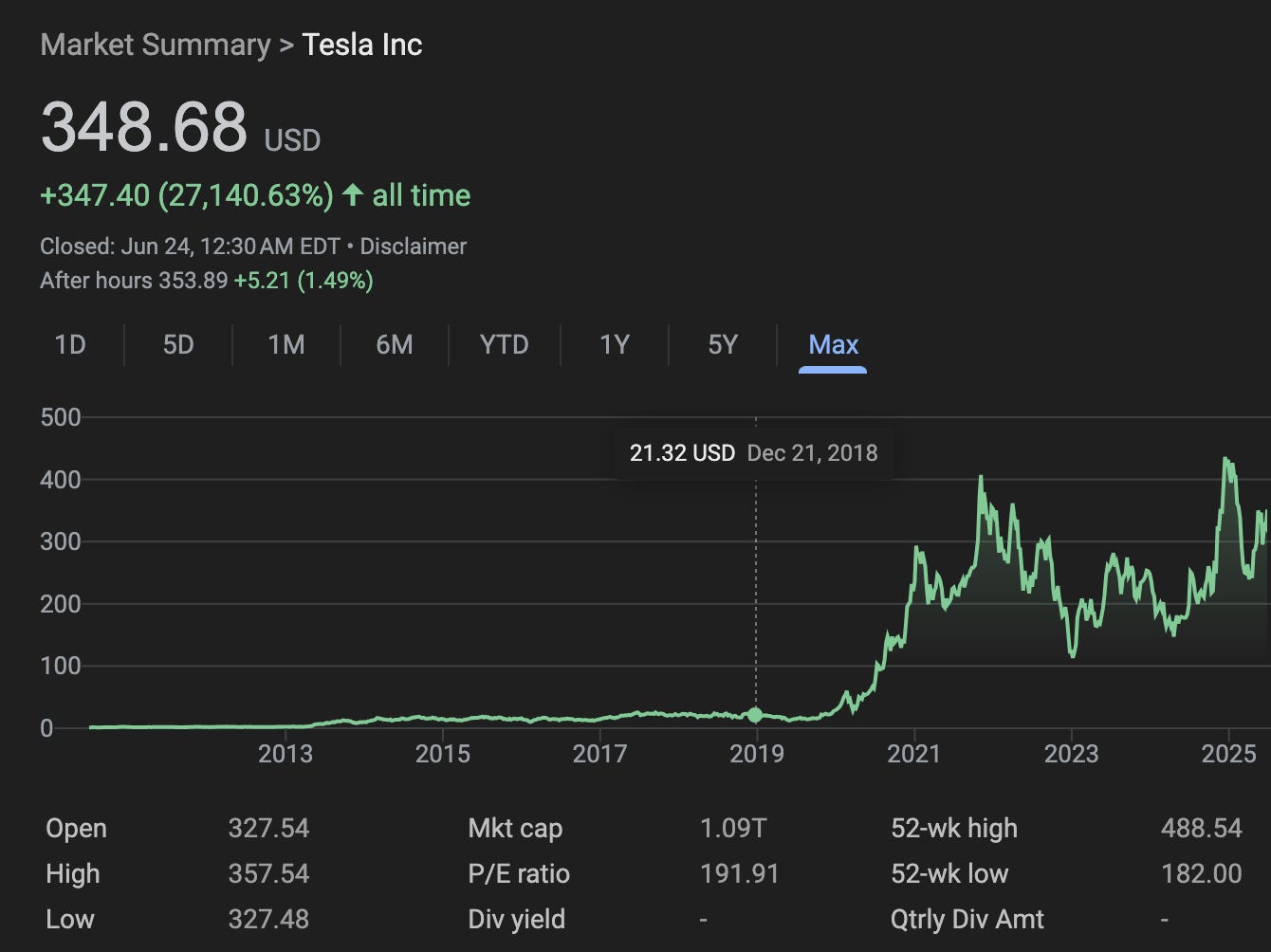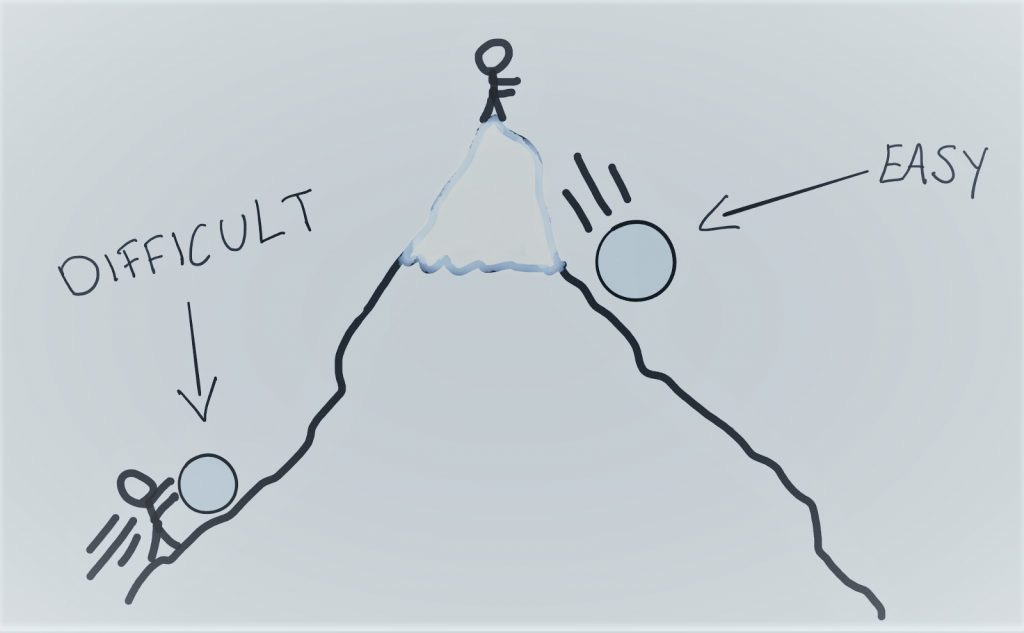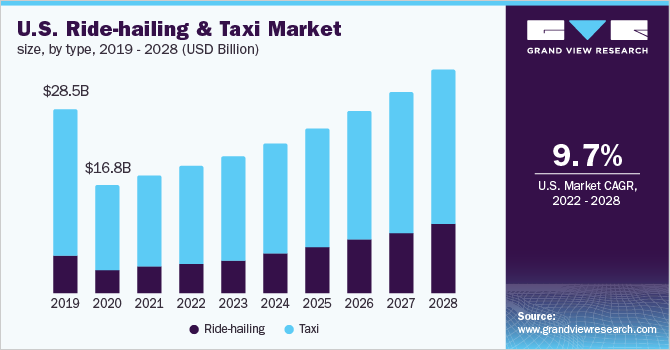Never Bet Against Geniuses - New Industry Born with Tesla
Level 1 - NGMI
Welcome Avatar! Over on the paid part of the substack we noted that we were buying Tesla during the meltdown he had publicly as it relates to Trump and the Big Beautiful Bill. That’s already forgotten since we had big news related to Iran (which reversed course in a couple days) and… we still haven’t gotten a single list from the Epstein Island tour (another coincidence!)
None of our business. As usual, the future is a Sovereign Individual which means you *must* scale/bet on yourself to make it in the future. Eventually governments will compete for the best and brightest in an arms race for human capital. Decades away but still an important thing to understand.
What does this have to do with Geniuses? Tesla? Musk? Quite a lot actually. Elon is essentially an example of what will happen in the future at various scales. People with immense talent will be able to enter into multiple business lines and scale up multiple billion dollar businesses. We’ve all heard of the serial entrepreneur. Those have typically been smaller (several $3-5M exits). Elon is the first example of several large scale business in completely different sectors.
If you’re intelligent or hard working that means you’re going to be a billionaire (ultra intelligent) or at least part of the wealthy upper elite (hard working) with multiple small businesses (old classic: You’re hard working or you’re smart, you can’t be both).
Autist Note: if someone says Elon is both hard working and smart, they are squarely in the hard working bucket. The meaning behind the statement is clear and if you don’t get it with exceptions to the rule… better to give up hopes and dreams of being a billionaire.
Part 1: Elon is a Genius Never Short Sell
There are a few names that you simply don’t bet against. Elon Musk, Jeff Bezos, Mark Zuckerberg, Jensen Huang and a few others. If you have to ask they are not on the list, when you hear their name you already know they are titans (yes we missed a few).
This is a pretty good chart of the history of Tesla. Much like life, it is practically never linear. You have long periods of flat to down when people give up then a large hockey stick where the majority of the gains are made. This repeats over and over in life if you’re making the right decisions.
Anyone who has been in crypto for a few cycles has already experienced this. People laughing behind their backs, saying they are losers etc. Only to suddenly surpass everyone around them by continuing to buy and hold for more than a year but multiple cycles (takes about 2 to make it - full cycles. If you survive more than that you end up deranged and deeply into the upper class of society).
What is the Point of This? This part has nothing to do with Tesla. It has to do with understanding limitations of humans. If you’re going to short sell Tesla or Amazon long-term you are publicly saying you are smarter and more talented than the CEO over a long time frame. The chances of that being true is next to zero.
The only way you will be right is if the *entire* industry is dead. For example if you decided to short sell brick and mortar consumer for the past 20 years, you’re doing just fine. Even the smartest CEO in the world can’t really do much if the industry is in secular decline.
Naturally, we’re positive on crypto and long-term bearish on banks. This means we’re not stating that we’re smarter than the CEO of any major bank. Quite the opposite. Believe they are in secular decline due to new technology. No different than computers replacing type writers, streaming replacing blockbuster, etc. Really don’t see any indication of this being the wrong view
It’s helpful to think about it in this way because it removes a lot of noise from your feed. TSLAQ has been bearish since the marking on the chart. The price was in the $20 range and they’ve been short ever since, sustaining nothing but liquidation after liquidation after liquidation.
Do not short geniuses. If you are going to be short something it has to be an *industry* in decline. The chances of being smarter than the top CEOs in the world is slim. You don’t need to invest in the Company (there are millions of assets to buy), just don’t bet against a proven genius.
Peter Thiel has said much of the same (source). "I would never bet against Elon, in anything. That's hard rule number one.”
Summary
When investing in companies it is always smarter to be more optimistic and long vs. short. (many learned this in the past 48 hours - either they print money or the world ends due to nuclear, easy to see which one you should choose)
Shorts really only work if the *industry* is dying due to structural forever shift in the way business is done. Internet killing off large section of music industry, Computers eating into typewriters and fax machines, smartphones eating into other hardware from watches to cameras/video etc.
If you want to short, don’t short a genius
You can short stuff in forever long-term decline, examples in our opinion include:
Mid level retail/restaurants
Traditional banking companies
Chunk of legacy energy (being displaced by solar/other)
Choose one of those instead. Or. Just go long the new product (hence why we own Tesla, Crypto and build E-com businesses… seems to line up!)
Part 2: Speaking of Disruption - New RoboTaxi Business
Ever wonder *why* your net worth will go up in a non-linear fashion. Well you have your answer here, just in massive massive scale. In order to step function your life you have to build something up for at least 12 months or so. Majority is about 3 years. You see limited results but if you’re doing things right you’re creating momentum (rolling a ball up a hill). Eventually you get to the top and no longer need to keep pressing hard to move it over. This is the same for all public companies, people and even small businesses
RoboTaxi
This is essentially the same thing that Tesla has done with its RoboTaxi business. Ignore the $4.20 marketing stuff and the cool checkout that says “just kidding” for tips.
The real value is the stuff none of us saw. How many millions of videos were fed through the AI system. Over and over and over and over again?
Quite Literally the Image: Imagine pushing the ball up the hill. Instead it takes 10,950,000 steps to get there. Well if you break that down it is only 10,000 steps a day for 3 years. Same thing. Instead of feeding 10 videos a day into the system they had to feed in thousands and thousands of strange situational videos over and over again to train the RoboTaxi. It never gets to the top of the mountain until the error rate for human grade safety is met (absurdly small room for error when using a vehicle)
The problem is that people only *see* when it begins to work. There is a massive inflection point (see non-linear improvement) and results start to pour in. Now that you’re getting real time information (testing the car) you don’t have to force feed training data into the system anymore. It just gets smarter and smarter with each traffic light, turn, obstacle or lane change.
The *Need* to Drive is Gone Along With Parking Lots
This is a massive step function in technology. There is a large chunk of the population who does not want to drive (you’re reading people in this camp). Driving takes up too much of their time, when they could be producing. Making ads, updating a website, sending a email instead of wasting time going from point A to point B. If teleportation was possible, we’d be all for it since driving/commuting is simply a time suck.
We’re aware that some people will want to drive. We’re aware that *currently* you need a Real ID to travel. That’s great. The point is that a huge chunk of the population will shift over to being purely car free. They will eventually come up with Real IDs that are not related to a drivers license. It isn’t that hard to create the same criteria and just make it an ID card vs. Drivers License.
A $30 billion dollar market turning upside down again
We went from “You need a taxi medallion to drive” to “anyone can drive with an app” to “Don’t need anything beyond a robo taxi”.
This is just scratching the surface. You will now see another massive opportunity in automotive design. Since Robots are significantly more accurate than humans, you can actually reduce the size of roads/freeways/parking spaces. You can change the actual design of the car since its new goal is fitting more people vs. creating a ton of space (SUV trend we saw the last 20 years). So on and so forth.
It will also remove the need for massive parking lots. If it is cheaper to just get dropped off by a robot car vs. driving into the city paying bridge tolls, paying parking tolls etc… We can all figure out how that one ends as well.
Parking Lots Take up about 20% of the Space in Cities - Example in Salt Lake City
Structurally changes social events. If you know that a robot will always be around to pick you up and drop you off, it opens up more of the day for a large chunk of the population. No longer reliant solely on train/bus/subway/carpool schedules etc. It even changes social life quite a bit as everyone has had the experience of paying for a girl’s uber to go out on a date.
Creates New Economies and Implications
Just off the top of our heads you can see why the market is reacting so violently to Tesla. It creates a brand new market for them to go into and more importantly Tesla has already put the electric vehicle market into a strangle hold.
Elon isn’t a fool. His plan likely looks like this:
Get these up and running ASAP with Uber/Lyft and Waymo forced to compete with much cheaper and advanced driving products
Start converting those parking lots into electric charging stations linked up with Solar/Power Walls that make it easy for the cars to be on 24/7/365 with no issues
Install starlink into the cars making them quasi work vehicles at the same time
Good luck to the rest of the industry in terms of competing with that product set up!
From this simple summary you can see that its more than just robo taxis. When you zoom out and look at how cities are structured the entire puzzle starts to make more and more sense. If StarLink is going into United Airlines in the near future, you can be certain that every robotaxi will have WiFi. Tens of billions in revenue for Tesla. Perhaps hundreds of billions if you think long-term and he succeeds.
Societal Items
All goes back to the same Ready Player One vibes. If people can get around cheaply it makes it harder and harder to justify leaving. The youth won’t *need* a license and once that is normalized their natural tendency to venture out of their bubble declines.
Those parking lots come down and some more dense and small apartments get built. Likely owned by the people who work at Tesla (yes seriously, look up the apartment/home sales in Silicon valley after META, GOOGL, etc. went public).
Everyone has a personal robotic private driver. This reduces the need to meet new people
Electric becomes more prevalent because it is actually much more logical. Hard to refuel a bunch of gas cars while idling (long lines). Easy to do in a parking lot full of Tesla chargers. Throw in some solar panels and power walls and you’ve got quite the set up
Gig economy gets pushed out even more. Likely drives down the cost for more manual labor type positions
Completely new designs for cities, roads, and the cars/vans/trucks/SUVs themselves. Having amazing seating for a driver that doesn’t exist is no longer logical, will be much more compact for emergency situations and that is all
Part 3: Don’t Fight the Future
Most political talking points revolve around “returning to the past”. This is because the majority do not embrace the future. They never actually put their foot on the gas, bet on themselves and try to build anything. This makes the past seem better as their quality of life gets eaten away over 5, 10, 15, 20 years.
As usual, do the opposite
Go find the big innovators of our generation, Musk, Bezos, Huang, Zuck and take a step back. What are they actually building and how would they possibly connect in the future. That’s what the world is going to look like. If you want some quick high-level talking points here are the trends they are building towards:
Heavily invested in people being more online. X App, E-com, Online sales, Video Games/Esports
Heavily invested in people connecting more in a digital form vs. a physical form. None of these guys built anything related to in person connection/dopamine. It’s all online dopamine
Electrical and computing power. Seems pretty simple there. They don’t see a world where we use less computers and less electrical power in the future
People will want things delivered *now* and will pay for that experience. Hence downloadable games, Prime Delivery, etc.
Is it likely that all of these guys are wrong? As stated. You don’t need to love all of these companies or these individuals. Just look at what they are doing and how their products will likely interact in the future. That’s the clue for 2030 and beyond.
On that note, yes we’re biased as we own Tesla and noted we bought more during the Elon meltdown (stock rarely goes down like that).
That said, apply the same framework to any other major figure head today. Trump isn’t a good one since he is a politician. Focus directly on the builders and you’ll find a lot of answers. Bet on those answers and bet against the legacy product.
Longing for the past is admitting defeat. Adapt or die.
Disclaimer: None of this is to be deemed legal or financial advice of any kind. These are *opinions* written by an anonymous group of Ex-Wall Street Tech Bankers and software engineers who moved into affiliate marketing and e-commerce.
Old Books: Are available by clicking here for paid subs. Don’t support scammers selling our old stuff
Crypto: The DeFi Team built a full course on crypto that will get you up to speed (Click Here)
Crypto Taxes: We have a suggested Tax Partner and 25% discount code, for information see this post
Security: Our official views on how to store Crypto correctly (Click Here)
Social Media: Check out our Instagram in case we get banned for lifestyle type stuff. Twitter will be for money





